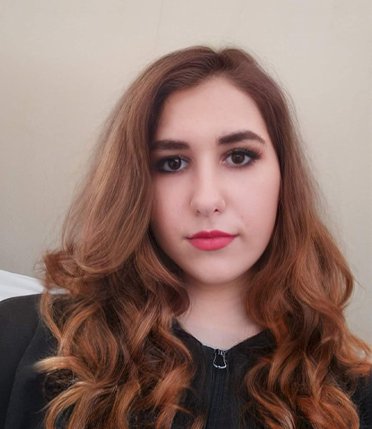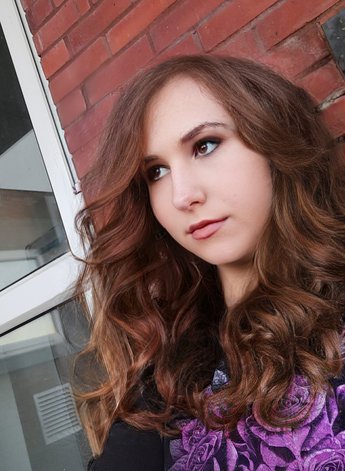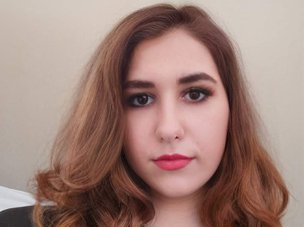At Achieve together, creating an inclusive space for all individuals is central to our support. Core to our approach is recognition –recognition for who the individuals we support are and who they are becoming. This means those who are transgender, non-binary, gender diverse, or are gender exploring can find a safe space at Achieve together to be who they are meant to be.
Autistic people and those who experience poor mental health and or have a learning disability, who is also transgender, non-binary, gender diverse or are gender exploring present with needs different than cisgender individuals, which necessitates a specialist approach. Our expertise was developed through research, training and collaboration with the transgender and non-binary community and medical professionals. A cisgender person could be described as someone who is comfortable with their assigned gender at birth and relates to their physical body.
People who are gender diverse however may not relate to or feel comfortable with their assigned gender or body, and thus their gender identity does not match their assigned gender or body and they may express their gender differently, or not feel they relate to the gender binary system.

Rhosyn's Story
Rhosyn is a female we support within Achieve together whose pronouns are her/she and lives in supported living in Newport, South Wales. When Rhosyn first came to Achieve together she considered herself gender diverse, but had never received the support, knowledge or help to explore this crucial element of her life. When dealing with the prospect of being gender diverse the help and avenues to exploring this can often be confusing and unclear. This combined with the need to feel comfortable understood and accepted by those around someone can make this initial stage incredibly difficult and scary to navigate.
After receiving support from Achieve together, Rhosyn has been enabled to explore this element of her life with full acceptance, and professional guidance. Knowledge in these areas is paramount in ensuring that the well-being of people we support who may be gender diverse is maintained and that they receive respectful, positive and proactive specialist support.
This knowledge and expertise is an area Achieve together has developed within community partners and professionals over a substantial period of time. Being gender diverse presents new and varying challenges to people with learning disabilities and/or autism. We asked Rhosyn we asked Rhosyn what additional challenges she feels she faces as a consequence of being gender diverse.
Rhosyn like many others in her position may find new struggles and daily challenges that being gender diverse can present. Being gender diverse can affect a variety of different areas of somebody’s life. With reference to Rhosyns’s example, sexual health and relationships can be further complicated because of this.
At Achieve together our dedicated Relationship & Sexuality Advisors are able to support people such as Rhosyn and navigate through these areas, which can be a crucial part of someone’s life. The Relationship & Sexuality Advisors are able to offer 1:1 support within such areas and host virtual and face-to-face group sessions that offer people a safe space to share, speak and learn.
When you are gender diverse and are considering transitioning there are many key milestones within this journey. These key milestones help gender-diverse people to progress on their journey in self-exploration and transitioning sometimes physically to their true gender identity. We asked Rhosyn how Achieve together had helped her within her journey:
Social acceptance is one key area of a gender-diverse person's transition journey, and team members are trained to support in these areas, with the wellbeing of those we support at the forefront of what we do.
We wanted to know from Rhosyn why she felt that raising awareness of transgender, non-binary, gender exploring, or gender diverse people and their needs was important.

Rhosyn is incredibly passionate about raising awareness of such issues and has been invited to join Campaign 4 Change (C4C) a self-advocacy group within Achieve together, for people we support to express and raise awareness about issues that are important to them. This means that opportunity for crucial meaningful change can be given a platform with support to do so.
At Achieve together we are dedicated to empowering individuals, enabling them to develop skills for life and healthy relationships, as well as supporting them to boost their confidence and self-esteem. Our vision is to provide the best specialist support, inspiring a generation to ensure people live happy, healthy, and meaningful lives. Rhosyn said that the support she receives at Achieve together: “Makes me feel like I’m free to be myself”.
Achieve together are proud and happy to see people we support who are gender diverse make progress within their transitional journeys to happiness and overall improved wellbeing. Although Rhoysn feels safe, supported, and free to be her true self with Achieve together, she is aware that there are many other people who maybe neurodivergent and gender diverse outside of Achieve together who do not receive the same level of specialised support.
Achieve together believe that education is vitally important within the social care sector surrounding gender diversity, and this is why we partnered with CHANGE and Choice Support to create an educational piece in easy read format explaining what gender diversity is, how this can affect people, and how others can help.
Rhosyn wanted to provide a special message of inspiration and advise to those who maybe neurodivergent and gender diverse.
If you would like more information about the specialist support Achieve together provide in this area please contact Liam Draper, Relationship & Sexuality Advisor: liam.draper@achievetogether.co.uk
Call us on 01865 680331
Send message

